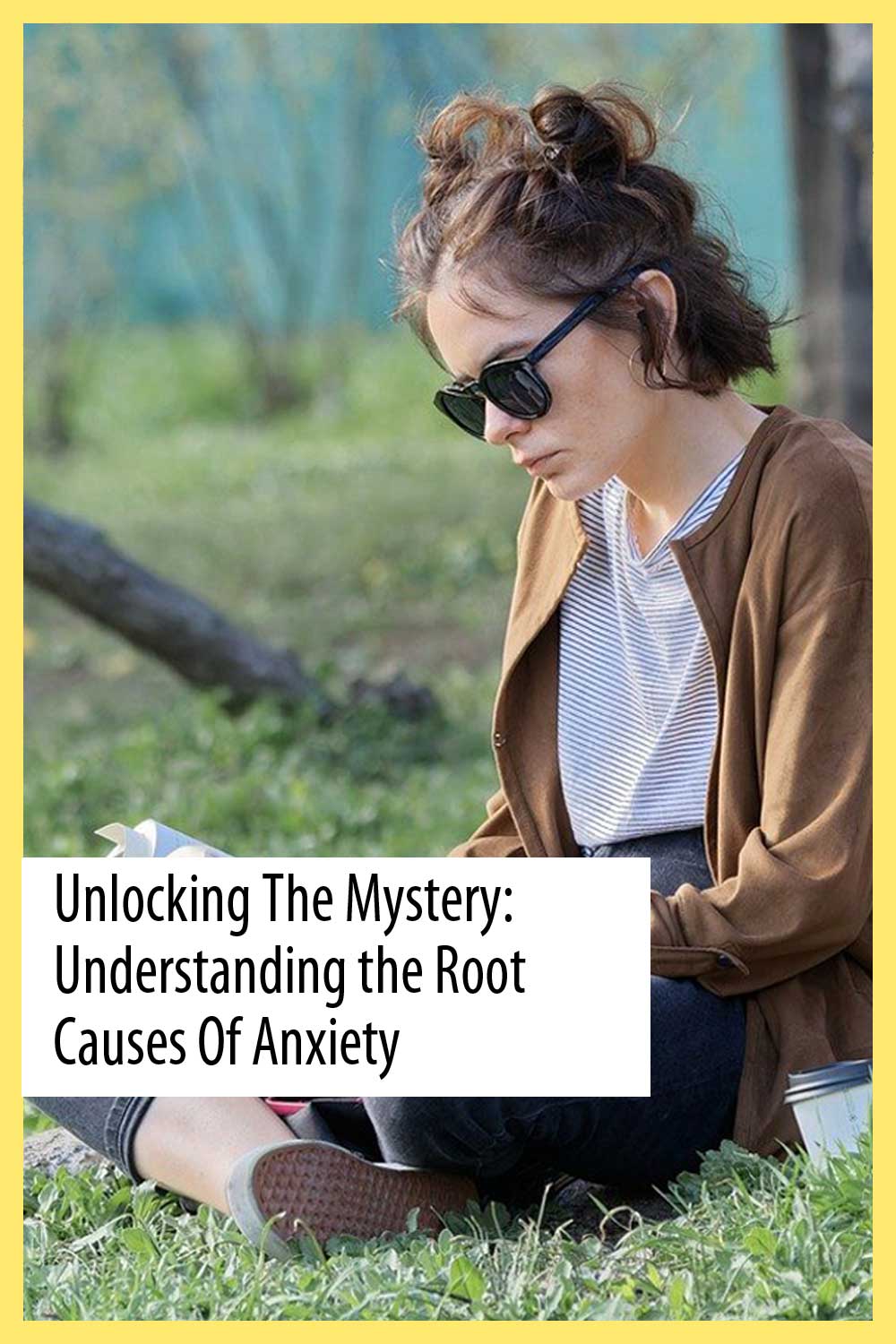
Unlocking the Mystery: Understanding the Root Causes of Anxiety
Anxiety, an intricate and often misunderstood mental health condition, affects millions of individuals worldwide. While it is a common emotion experienced by everyone at some point in life, for some, anxiety becomes a pervasive and debilitating state of mind. Unraveling the mysteries behind anxiety is crucial in providing a deeper understanding of its root causes and how they manifest in our lives. In this article, we will delve into the multifaceted nature of anxiety, exploring its origins, triggers, and potential interventions that can help those grappling with its effects.
1. The Basics of Anxiety:
To understand anxiety at its core, we must first explore its fundamental nature. Anxiety is more than just feeling stressed or nervous; it is an intricate interplay of thoughts, emotions, and physiological responses. We will delve into the brain’s role in anxiety, exploring the amygdala, neurotransmitters, and the fight-or-flight response.
2. The Biological Factors:
The human body is a complex system, and various biological factors can contribute to anxiety. From genetic predispositions to imbalances in brain chemistry, we will examine how these biological underpinnings can make some individuals more susceptible to anxiety disorders.
3. The Psychological Triggers:
Anxiety often arises from various psychological triggers. These triggers can be rooted in past traumas, unresolved conflicts, or irrational thought patterns. We will explore common psychological triggers and their impact on mental well-being.
4. The Environmental Influences:
The environment we live in can significantly impact our mental health. Stressful life events, societal pressures, and the influence of our immediate surroundings all play a role in exacerbating anxiety. This section will shed light on how external factors contribute to the development and maintenance of anxiety disorders.
5. The Role of Social Media and Technology:
In the digital age, social media and technology have become integral parts of our lives. However, they can also have adverse effects on mental health, including anxiety. We will investigate how the constant exposure to social media and technology impacts our psychological well-being.
6. Coping Mechanisms and Interventions:
Managing anxiety involves developing healthy coping mechanisms and seeking appropriate interventions. From therapy and medication to mindfulness and relaxation techniques, we will explore a range of strategies that can help individuals navigate anxiety and improve their quality of life.
7. Breaking the Stigma:
Despite its prevalence, anxiety is often stigmatized, which can prevent individuals from seeking help. In this section, we will discuss the importance of breaking the stigma surrounding mental health issues, fostering a supportive environment, and promoting open conversations about anxiety.
Conclusion:
Unlocking the mystery behind anxiety is an ongoing process, one that requires continued research, awareness, and compassion. By understanding the root causes of anxiety, we can take proactive steps towards promoting mental health and well-being for ourselves and those around us. Remember, seeking support and professional guidance is not a sign of weakness but a brave step towards finding inner peace and reclaiming control over our lives. Let us embark on this journey together, armed with knowledge and empathy, towards a more empathetic and understanding society.

Unlocking the Mystery: Understanding the Root Causes of Anxiety
Medical Advice Disclaimer
DISCLAIMER: THIS WEBSITE DOES NOT PROVIDE MEDICAL ADVICE
I am not a doctor. The information, including but not limited to, text, graphics, images and other material contained on this website are for informational purposes only. No material on this site is intended to be a substitute for professional medical advice, diagnosis or treatment. Always seek the advice of your physician or other qualified health care provider with any questions you may have regarding a medical condition or treatment and before undertaking a new health care regimen, and never disregard professional medical advice or delay in seeking it because of something you have read on this website.



